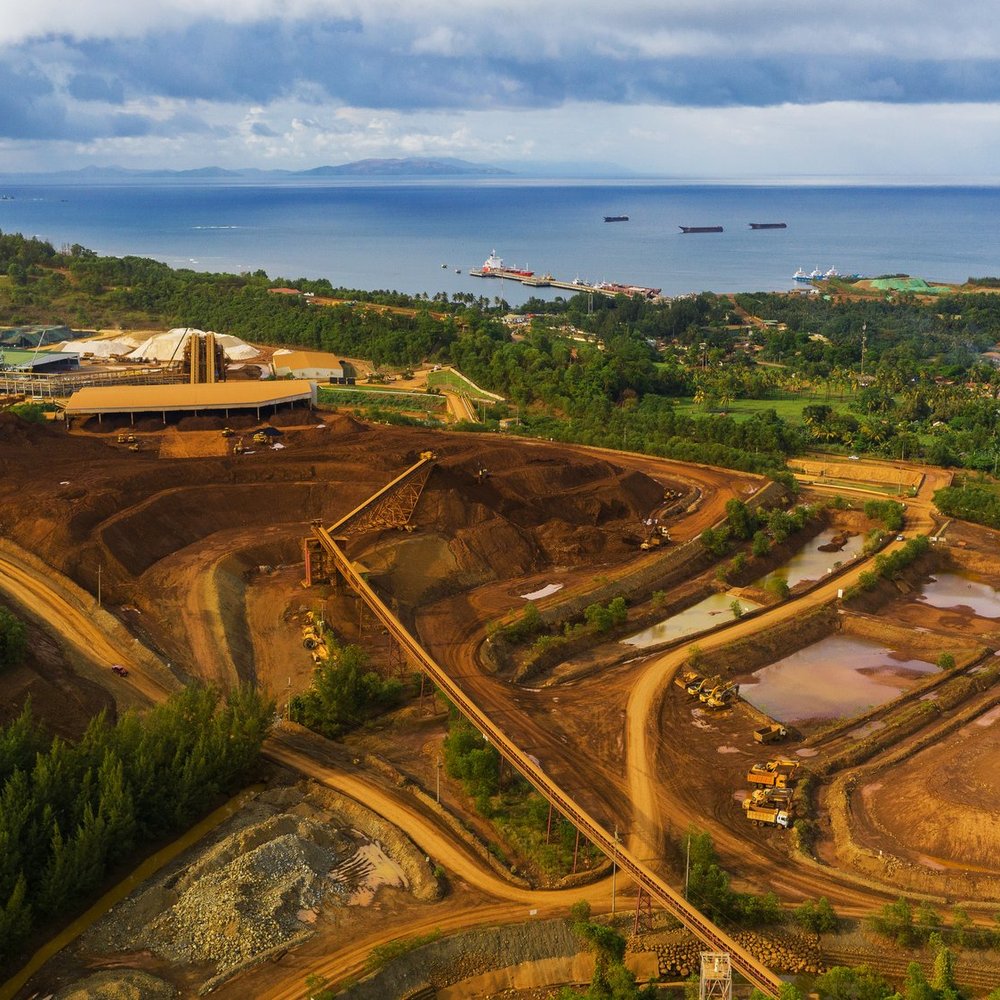Powering electric vehicles: Human rights and environmental abuses in Southeast Asia's nickel supply chains

Shutterstock

Shutterstock
Electric vehicle (EV) batteries are going to play a crucial role in the shift towards carbon-neutral economies. As the globe transitions to cleaner sources of energy, decarbonised transport will see significant investment, with the US, EU and China having already introduced incentives to increase the automobile market share of EVs. Rising oil prices across the globe will also continue to contribute to an increased demand for EVs.
However, as the globe transitions to these cleaner sources of energy, attention must be paid to the endemic human rights issues relating to the components needed for renewable energy products. The extraction of nickel, one of the essential components of electric vehicle batteries, is for example riddled with abuses. These must be interrogated and mitigated if a just transition to renewable energy is to be achieved.
Unfortunately, the opacity of the EV battery supply chains makes it difficult to identify, understand and remediate human rights abuses. Without supply chain transparency, battery manufacturers, end-user companies and investors appear distanced from the abuses lower down the value chain and can get away with not addressing these risks.
In this briefing, we identified abuses at different points of two important nickel supply chains in the Philippines and Indonesia -- and linked these abuses to companies such as Panasonic, Tesla and Toyota, two of the largest EV battery producers. The case studies included in the report are the Rio Tuba Nickel Mining Corporation (Rio Tuba) in the Philippines and two Chinese companies operating in Indonesia (Zhejiang Huayou Cobalt and CNGR Advanced Materials).
Rio Tuba’s mining operations have had direct negative effects on the health and welfare of affected communities on the island of Palawan, Philippines. There have been allegations regarding water contamination from mining activities, lack of Free, Prior and Informed Consent (FPIC) of local communities and Indigenous Peoples, loss of food security and the destruction of surrounding rainforests.
Meanwhile, CNGR Advanced Materials’s business agreements have indirectly affected the lives, health and environment of residents in Central Sulawesi in Indonesia. Residents of a fishing village often complain of respiratory problems, which they suspect has been caused by inhaling dust from the coal supplying power plants. Their operations have also caused environmental problems, such as the destruction of forests, water pollution and detrimental effects on marine life. Fishing, the profession of most Sulawesi residents, has been severely affected by sea water which has become too hot – a consequence of the cooling exhaust system from the coal-fired power plants.
With both vehicle and battery manufacturers set to benefit from the increased demand for EVs, this briefing urges them to ensure they are upholding their responsibility to respect human rights, as set out in the UN Guiding Principles on Business & Human Rights (UNGPs). This must include mapping and scrutinising their mineral supply chain and understanding the conditions in which key minerals for EV batteries are extracted, as well as using their leverage to ensure robust respect for human rights across all points of the supply chain. It also stresses the need for government regulation over these supply chains.